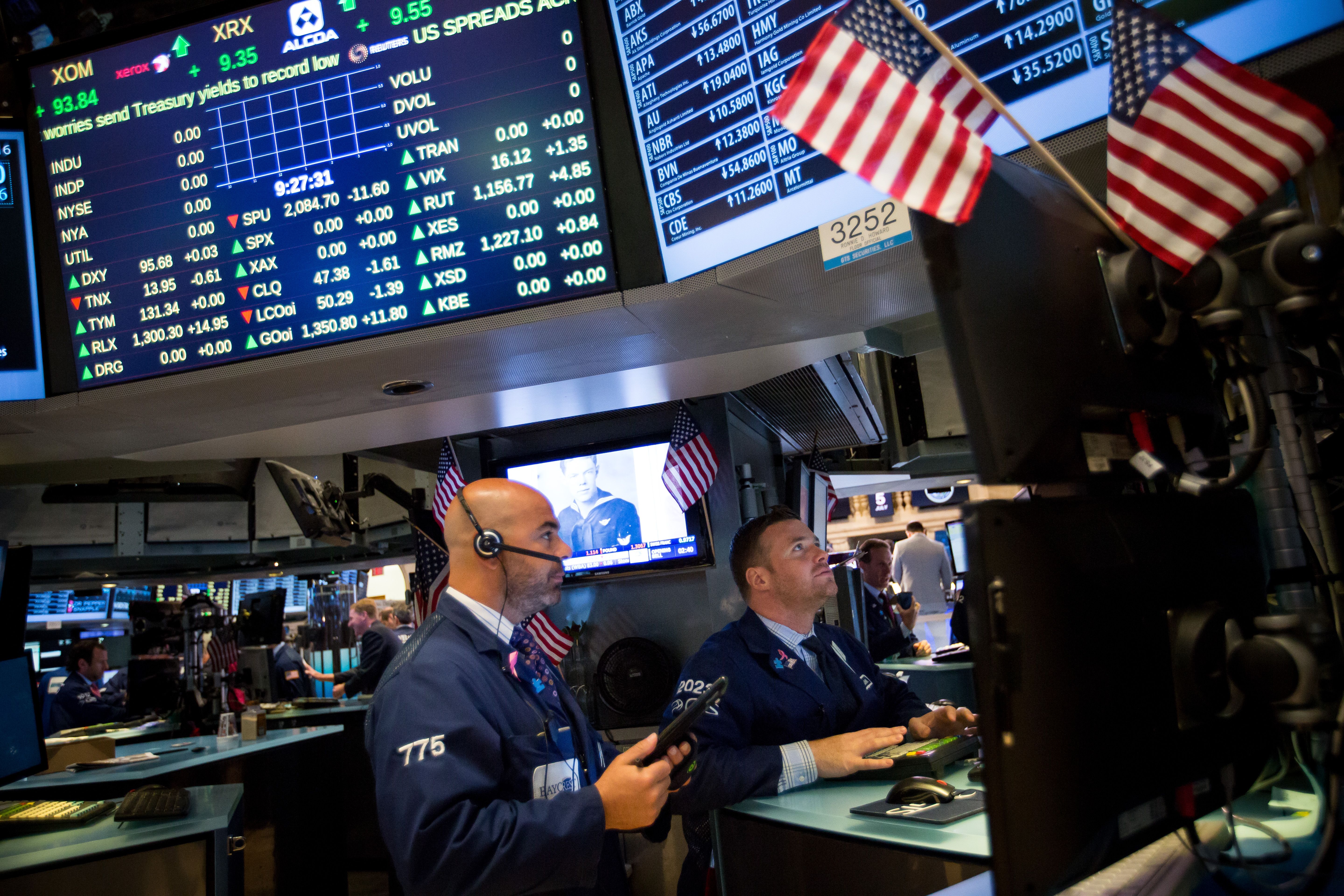World Stocks Index, on Monday, May 14, MSCI world equity index .MIWD00000PUS, which tracks shares in 47 countries, was up 0.1 percent, holding at its highest level in seven weeks and in positive territory for the year.
European stocks dipped 0.3 percent as financials weighed, while EMini futures for the S&P 500 ESc1 rose 0.2 percent.
“There have been some very serious issues raised in terms of the trade relationship between the U.S. and China, and then they’ve had this quite sudden about-turn on this particular company, and it simply raises questions as to what the underlying policy is,” said Alastair George, chief strategist at Edison Investment Research.
“This is perhaps a little reminder which is being relatively well-received by markets over the last 24 hours that (with) the U.S. administration there is a strong degree of unpredictability compared to prior regimes,” George added.
The United States has said it will lift sanctions on Pyongyang if North Korea agrees to completely dismantle its nuclear weapons program.
Stocks in Asia were also upbeat. MSCI’s broadest index of Asia-Pacific shares outside Japan .MIAPJ0000PUS rose 0.5 percent, while Japan’s Nikkei .N225 also tacked on 0.5 percent.
Chinese shares came off the day’s highs but still ended in positive territory after Trump’s comments on ZTE Corp (000063.SZ), (0763.HK), which JPMorgan analysts said was “a significant positive”.
Shanghai’s SSE Composite index .SSEC rose 0.3 percent while the blue-chip .CSI300 rallied 0.9 percent. Hong Kong’s Hang Seng index .HSE climbed 1.4 percent.
Elsewhere in Asia, the Malaysian ringgit MYR= recovered losses after sliding 1 percent to a four-month trough against the dollar in the first onshore trade since a shock election upset last week. Malaysian stocks sank as much as 2.7 percent at one point but ended 0.2 percent higher.
Veteran Mahathir Mohamad, 92, came out of political retirement to lead the opposition Pakatan Harapan (Alliance of Hope) to a stunning victory, defeating prime minister Najib Razak, a former protege whom he had accused of corruption.
Some investors were concerned that populist promises such as repealing an unpopular goods and services tax and restoring a petrol subsidy could undermine the country’s finances.
But some analysts believe Mahathir’s proposals could be positive for the economy.
“The repeal of GST, while only marginally negative for the fiscal deficit, will be a boon for consumers, who have been upset that they bear the burden of poor fiscal management and came out to vote against the establishment,” said Trinh Nguyen, senior economist at Natixis.
While tensions in the Korean peninsula have eased, U.S. plans to reintroduce sanctions against Iran have stoked anxiety in the Middle East.













